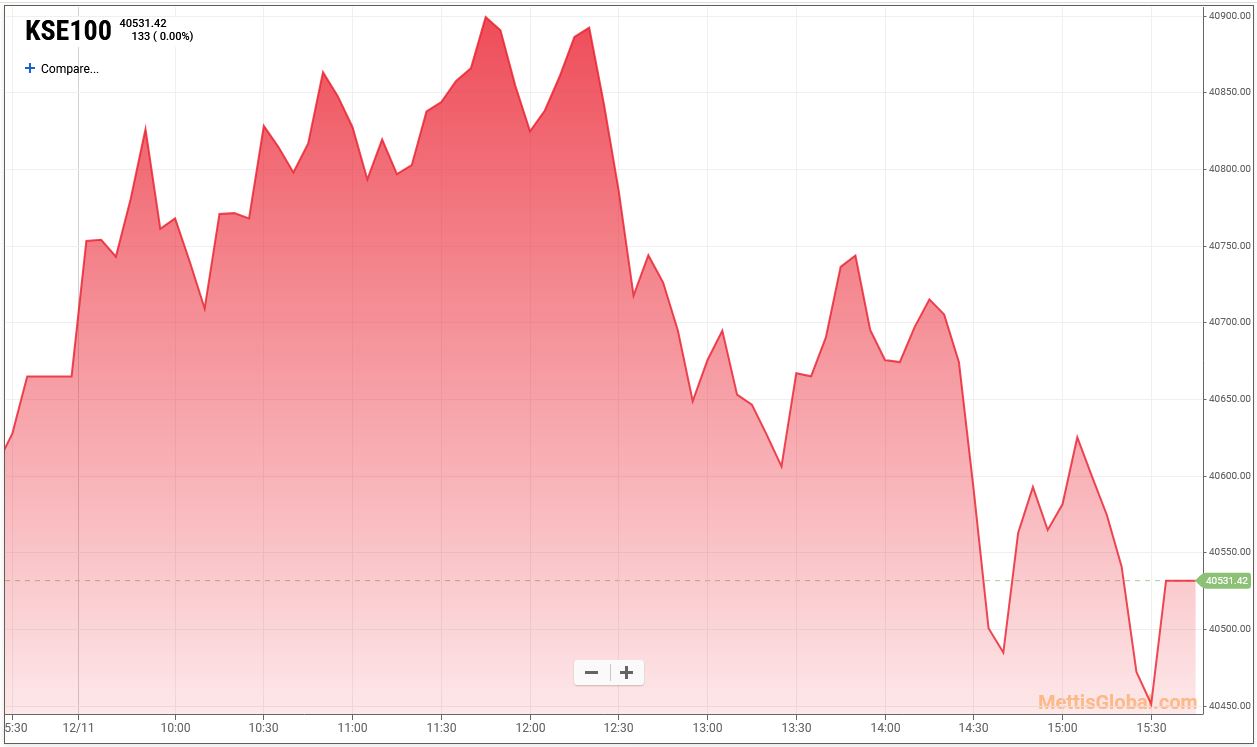Is proposed budget a well-articulated vision for Auto Sector?

By MG News | June 16, 2021 at 01:10 PM GMT+05:00
June 16, 2021 (MLN): To stimulate the industry growth at 6.5% in FY22 against 3.6% estimated in FY21, the government has announced many tax incentives to several sectors in budget 2021-22 to reduce input cost. Automobile Sector has many reasons to cheer after Finance Minister Shaukat Tarin’s budget announcement.
The sector was confidently waiting for direct announcements to reduce customs duties on raw materials and parts to bring down the vehicles’ cost, improving consumer sentiment by providing more liquid cash to buyers.
This budget will likely resonate as a winner with the investment community as general sales tax (GST) on locally assembled cars up to 850cc has been reduced from 17% to 12.5%. In addition to this, a FED of 2.5% has been removed in the said category. According to the BMA research report, this will facilitate the low-income segment as smaller car prices will likely be reduced by up to Rs113k and boost sales. PSMC is likely to be the prime and only beneficiary of this development.
Similarly, the budget document revealed that the government has reduced GST on imported and locally assembled hybrid electric vehicles from 17% to 8.5% for up to 1800cc and from 17% to 12.75% for above 1800cc up to 2500cc. There might be higher competition for the Local 1300cc+ segment in view of AKD research, however, the quantum of imported cars is still anticipated to be low due to operational difficulties in importing cars.
To promote greener technology, the government has also supported the auto industry by slashing sales tax from 17% to 1% on locally manufactured electric vehicles. In addition, the government has proposed AVT (AD-Valorem tax) exemption of 3% for electric vehicles (EVs) CKD kits/small cars up till Jun’26 while AVT exemption for 2-3 wheelers in CBU condition is available till Jun-25. The said measure is applicable on small cars or SUVs with 50Kwh battery or below, and on LCV with battery power up to 150Kwh.
The current exemption may not benefit the prominent players. Nonetheless, SAZEW is best placed to take advantage of the policy as it plans to launch EVs under the name of HAVAL, as per the view of Spectrum research.
To discourage ‘on’ amount on new vehicles and reduce the delivery period, the government introduced a tax on ‘on’ money if disposed without registration. Rs50,000, Rs100,000 and Rs200,000 will be imposed on transfer of vehicles below 1000cc, 2000cc and over 2000cc respectively. This will likely discourage the prevailing ‘on’ money practices and reduce delivery time for consumers. The measure can likely boost new car sales of existing players such as HCAR, INDU, PSMC, KIA, HYUNDAI, etc, BMA research highlighted.
“As per the current situation, it is quick to judge how this budget could play a part in the automobile industry, As of now, the SROs have not been released and unfortunately finance bill is not enough to make assumptions for the industry,” said Mr. Abdul Waheed Khan, Director General of Pakistan Automotive Manufacturers Association (PAMA) while talking to Mettis Global News. “Nonetheless, as we all know that the Government has taken a step related to 850cc vehicles by cutting down the GST and bringing it to12.5% which brings a light of hope for the sector.”
Copyright Mettis Link News
Related News
| Name | Price/Vol | %Chg/NChg |
|---|---|---|
| KSE100 | 130,686.66 280.01M |
0.26% 342.63 |
| ALLSHR | 81,305.25 897.01M |
0.35% 281.26 |
| KSE30 | 39,945.45 114.02M |
0.09% 37.19 |
| KMI30 | 190,698.05 148.61M |
0.61% 1163.05 |
| KMIALLSHR | 55,074.15 495.43M |
0.53% 290.50 |
| BKTi | 34,568.40 28.73M |
-1.07% -372.33 |
| OGTi | 28,739.35 22.59M |
1.57% 443.29 |
| Symbol | Bid/Ask | High/Low |
|---|
| Name | Last | High/Low | Chg/%Chg |
|---|---|---|---|
| BITCOIN FUTURES | 110,300.00 | 110,525.00 110,105.00 |
-115.00 -0.10% |
| BRENT CRUDE | 68.78 | 68.89 68.73 |
-0.02 -0.03% |
| RICHARDS BAY COAL MONTHLY | 97.50 | 0.00 0.00 |
-0.75 -0.76% |
| ROTTERDAM COAL MONTHLY | 108.45 | 109.80 108.45 |
-0.55 -0.50% |
| USD RBD PALM OLEIN | 998.50 | 998.50 998.50 |
0.00 0.00% |
| CRUDE OIL - WTI | 67.04 | 67.18 66.99 |
0.04 0.06% |
| SUGAR #11 WORLD | 16.37 | 16.40 15.44 |
0.79 5.07% |
Chart of the Day
Latest News
Top 5 things to watch in this week
Pakistan Stock Movers
| Name | Last | Chg/%Chg |
|---|
| Name | Last | Chg/%Chg |
|---|



.png)
 Trade Balance
Trade Balance
 CPI
CPI